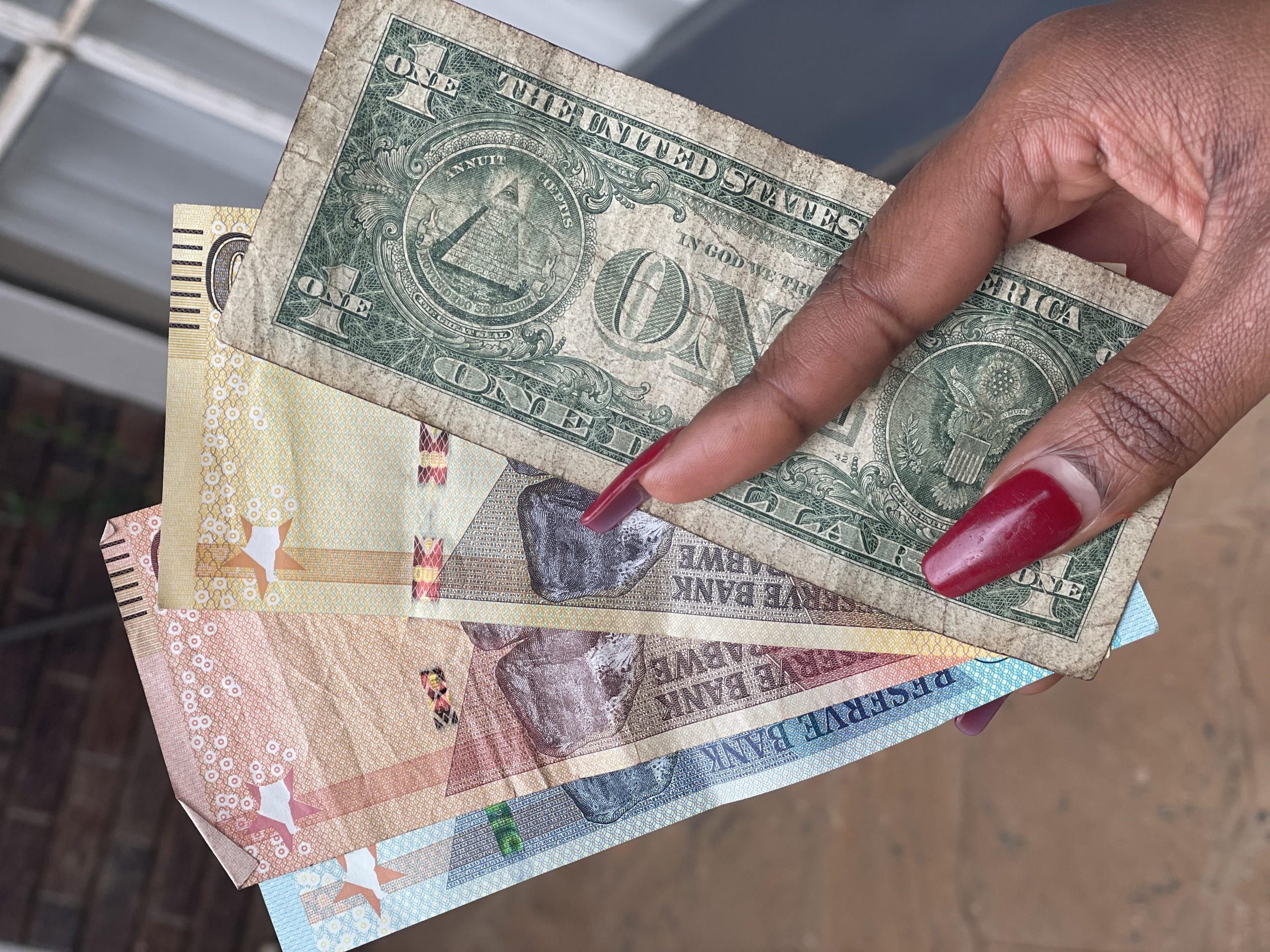By ETimes
Possibly two reasons explain the recent spike in parallel market rates in Zimbabwe. First, history has shown that the Reserve Bank of Zimbabwe has always doubled down on its quasi-fiscal operations during the election season.
In the past, it has printed money to finance politically controversial programs such as Pfumvudza-Intwasa, and that factor cannot be excluded today.
Second, the market has continued to reject the ZWL. Many businesses, both formal and informal, are now transacting in US dollars. Where prices are in ZWL, the exchange rate is the parallel market rate and not the official rate. This has the effect of making the ZWL even more worthless.
For all intents and purposes, the official rate is dead. It exists only in name and only for the purposes of big businesses that get cheap foreign currency from the RBZ.
What is even more worrying is that the Minister of Finance advised the nation during his 2023 budget statement in parliament that he was retaining US$280 million worthy of Special Drawing Rights (SDRs) at the RBZ as international reserves in order to stabilize the exchange rate in the economy.
With US$280 million, the country increased its reserves by over 500% and yet we continue to experience ballooning inflation. The Minister of Finance and the RBZ governor should explain whether or not we still have the SDRs. There is a smoking gun somewhere between those two institutions that these two gentlemen represent.
In November 2022, the government blacklisted some companies for supporting unlawful parallel market activities.
Meanwhile, a total of 13 companies have been identified by the Financial Intelligence Unit (FIU) as being involved in unlawfully channeling funds to the illegal foreign exchange market.
“This waters down Government efforts towards the stabilization of the local currency and containment of inflation, thereby pervading the economy at the expense of the generality of citizens of Zimbabwe.
Such behaviour cannot be condoned,” Finance Minister Mthuli Ncube said in a statement this week.
The companies implicated includes Casha Designs (Pvt) Ltd, Re-net Technology (Pvt) Ltd, Malfran Investments (Pvt) Ltd, Difflock Construction (Pvt) Ltd, Staman Investments (Pvt) Ltd, Guide Marketing (Pvt) Ltd, Nodship Investments Pvt Ltd, Infinity Hire Pvt Ltd, Nomalanga Marketing Pvt Ltd, Gift Mwayera t’a Mwayera Transport Pvt Ltd, Mukota Haulage and Busses Pvt Ltd, Ofixmore Marketing Pvt Ltd and Blecia Investments.
“Having monitored various financial transactions with a view to plug parallel market dealings, the FIU has observed that these companies are siphoning their proceeds to the parallel market, thus, triggering domestic inflationary pressures.”
To preserve market equilibrium and reduce inflation, he said the government has placed the aforementioned businesses on a ban.
“In the same vein, the Procurement Regulatory Authority of Zimbabwe (PRAZ) will be advised to permanently remove the entities from the list of potential service providers to the Government.”
On the black market, the local currency is trading at around $1500x per US dollar, while the official rate is at $915.18 – Harare

Place your advert at affordable rates


